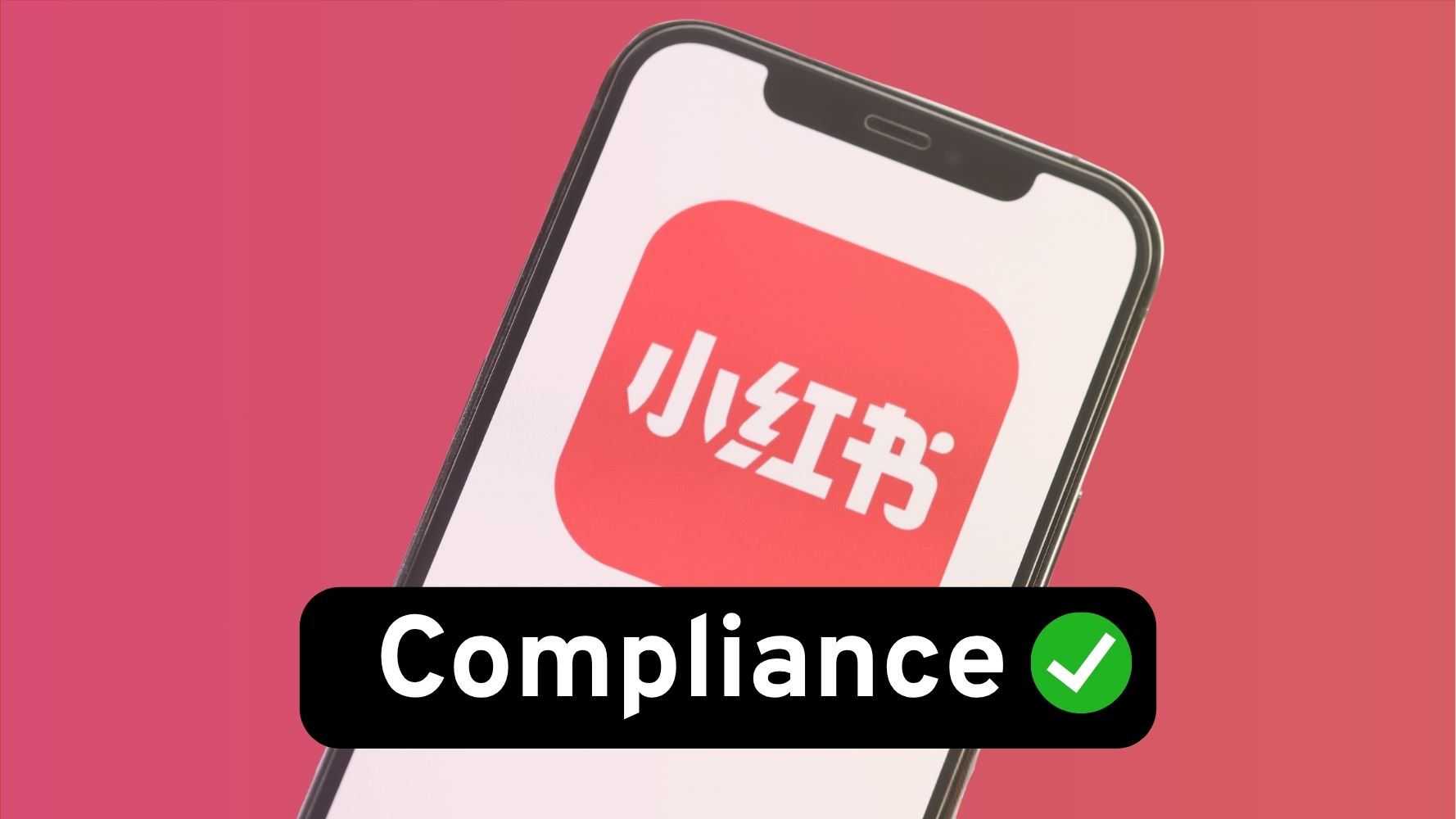How We Resolved a Red Book Policy Violation
A case study on resolving a Xiaohongshu (Red Book) policy violation for a hotel client, including the issue, solution, and compliance tips

Recently, one of our hospitality clients encountered an urgent issue with their Xiaohongshu (Red Book) account due to a policy violation. This post explains what happened, how we solved it, and the key takeaways for any business using Red Book for marketing.
The Issue: Red Book Penalized the Account by Hiding Content Due to Contact Sharing
Red Book notified us that the account had violated platform rules by frequently sharing contact information (such as email addresses) when replying to user messages. The hotel staff was trying to resolve the customers' questions, but Red Book interpreted this as an attempt to drive traffic off-platform — a serious offense under its community and anti-spam policies.
The Penalty:
- All content and comments posted prior to the violation were hidden from public view.
- New posts and comments remain visible, but continued violations could lead to stricter penalties or account suspension.
🛠 Our Solution: Step-by-Step Remediation
We followed Red Book’s internal policy protocol to resolve the issue and request that the content be restored:
✅ Step 1: Initiate Official (Blue V) Account Verification
We began the process of upgrading the account from a personal profile to an official company account, which is the correct path for business entities.
🧹 Step 2: Remove All Violating Content
All past posts and comments containing contact information were reviewed and deleted to bring the account into compliance.
📩 Step 3: Submit an Appeal
Once the cleanup was completed, we submitted an official appeal to Red Book, including screenshots and evidence showing that all violations had been addressed.
What’s Not Allowed on Red Book
To prevent future penalties, businesses must strictly avoid sharing the following in comments or replies:
- Email addresses
- Phone numbers
- WeChat IDs
- External links
Instead, brands should:
- Keep communication within the app
- Ask users to provide booking or inquiry information directly (e.g., name, passport number) and respond without giving direct contact info
Red Book Account Verification: What’s Required
Since the account represents a hotel, Red Book requires verification as a company official account (Blue V).
Required Documents:
- Business license
- Hygienic license (mandatory for hotel operators)
- Food hygiene and safety license (if F&B services are offered)
- Any additional documents requested by Red Book during the process
⚠️ All documents should be submitted in Chinese, as Red Book is a China-based platform. English translations may be requested later but are not a substitute for the Chinese originals.
Red Book also notes that verification is not guaranteed, and depends on how completely and accurately the documentation is provided.
💡 Takeaways
- Always follow Red Book’s strict no-contact policy in content and replies.
- Businesses must apply for the correct official Blue V verification.
- Avoid content takedowns by staying compliant from day one — this protects your account’s visibility and long-term value.
Need help managing your Red Book presence or navigating China’s unique digital platforms? Contact the Neat Interactive team for expert support.
